website
My expertise lies in marine biogeochemistry and the role of microbial communities in driving ecosystem functions in coastal and deep-sea environments. My PhD (2006-2010) focused on the biological carbon pump and benthic-pelagic coupling, i.e., the set of processes that determine the flux of carbon from surface waters to the deep sea and eventually its deposition onto deep-sea sediments where it is sequestered. As a postdoctoral fellow at the University of Aberdeen (2010-2017), I was involved in several projects related to benthic biogeochemistry and the fate of organic matter (degradation vs. sequestration) depending on its qualitative characteristics. I has extensive experience in the biogeochemical analysis of seawater and sediments and the use of stable isotopes of carbon and nitrogen in environmental sciences for the determination of carbon fluxes in marine systems. My research on marine hydrocarbon-degrading microbes between 2014 and 2017 (NERC, UK) was focused on the intrinsic capability of deep-sea ecosystems in the subarctic zone (Faroe-Shetland Channel, NE Atlantic) to recover from oil spills and the suitability of commercial dispersants as bioremediation measures at sub-zero temperatures. In 2018, I was awarded a 3-year independent fellowship (HEALMED project) by the Hellenic Foundation for Research and Innovation (HFRI) and joined the School of Chemical and Environmental Engineering, Technical University of Crete, Chania, to continue my work on deep-sea oil spills albeit now focusing on the ecosystem of the Eastern Mediterranean Sea (EMS). I am currently an Associate Researcher at the Institute of Geoenergy of FORTH (FORTH/IG). In my group, we develop high-pressure (HP) sampling and experimentation systems to study deep-sea microbial communities at the environmental conditions they are adapted to. Lately, my interests have expanded to the field of subsurface microbiology and the effect of microbial processes in undeground gas storage in the context of energy transition (TWIN2SET Horizon Europe Widening project) and the concept of Blue Carbon and its potential as a nature-based solution in climate mitigation (BLUE-Q Interreg ADRION project).
- National/local
- Research/academia
- Biodiversity and ecosystems
- Environment
- Oil & gas - Mineral resources
- Scientific research / technologies / innovation
- Oceanography
- Pollution / marine litter
- Marine pollution, oil & gas, blue carbon

